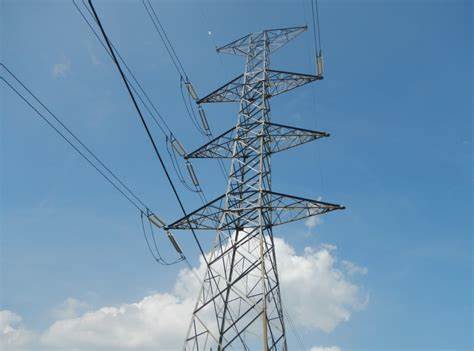 31 July 2013, Abuja – An end to the controversy over the payment of Power Holding Company of Nigeria, PHCN, workers who are to be disengaged to enable new owners take over the country’s electricity plants is apparently now in sight.
31 July 2013, Abuja – An end to the controversy over the payment of Power Holding Company of Nigeria, PHCN, workers who are to be disengaged to enable new owners take over the country’s electricity plants is apparently now in sight.
And worried by the failure of the PHCN and its predecessors to effectively collect revenue, independent electricity producers in the country have charged government to hasten action on the issuance of prepaid meters to consumers.
The Chairman of the Independent Power Producers Association of Nigeria, Prof. Jerry Gana, told The Guardian at the Federal Ministry of Power-Siemens Power Development Forum in Abuja that gas and meter issues should be resolved quickly to make the sector more attractive to private investors.
The Federal Government’s directive on the immediate release of severance pay to the workers came after many postponements.
In what looks like a last-minute effort to put the nation’s electricity utilities in reasonable shape before final take-over by new owners, government has released N5.2 billion, a kind of special intervention fund, to distribution and generation companies for operation and maintenance .
Minister of Power, Chinedu Nebo, who disclosed this Tuesday at the forum, stressed that he had approved the payment to start immediately and was hopeful that the workers would get their severance pay before the end of the week.
Highlighting some challenges that previously plagued the electricity sector, he said: “Labour negotiations were stalled because of complaints about non-coverage of temporary members of staff in the settlement scheme. There were existing schisms between TCN and Manitoba because of unclear delineation of roles. Consequently, Manitoba’s members of staff were not allowed access to their offices. The transmission network, which hitherto had received very little investment, was becoming increasingly unstable and more sensitive to new generation. There was uncertainty and loss of confidence among some of our key investors and critical development partners about the commitment of the government to the reform process and the transformation of the power sector in general.”
Faced with the task of getting the sector back on the transformation track, he stressed that government had managed to “steer the ship in the right direction and has recorded some significant achievements ever since.”
He listed the accomplishments as: “Signing of Transaction and Industry Agreements for PHCN Successor Companies; receipt of the initial payment of 25 per cent by the preferred bidders of the five generating and 10 distribution companies; inauguration of the new Transmission Company of Nigeria (TCN) Supervisory Board of Directors as well as the issuance of the Schedule of Delegated Authority (SODA) to Manitoba Hydro of Canada, the new contract managers of TCN; release of AfDB loan of $100 million to TCN for critical transmission projects; release of N5.2 billion special intervention fund to distribution and generation companies for operation and maintenance services; virtual settlement of the Power Holding Company of Nigeria (PHCN) labour issues – the workers are currently awaiting their pay cheques”.
He said the collaborative effort with Siemens was intended to stimulate project development efforts by the private sector that would impact positively on the development of electricity sector infrastructure, especially with the government’s avowed commitment to the liberalisation of the electricity market.
The minister said: “It may be pertinent to use this opportunity to talk on some recent policy changes and major initiatives aimed at ensuring that we sustain and keep building on the gains recorded in these few months. We are also increasing efforts to attract more foreign direct investment to the sector and we continue to push policies, reforms and incentives that will make our emerging market a preferred target destination for the world’s leading power companies.
“All these initiatives are to ensure that upon completion of our privatisation efforts, we will not only have a transmission network system in place that can conveniently and reliably wheel as much power as will be generated by up-coming power plants but that we also put in place a fully privatised electricity market place that can regulate itself by the market variables and serve as a foundation for the future growth of the sector.”
– Emeka Anuforo, The Guardian



